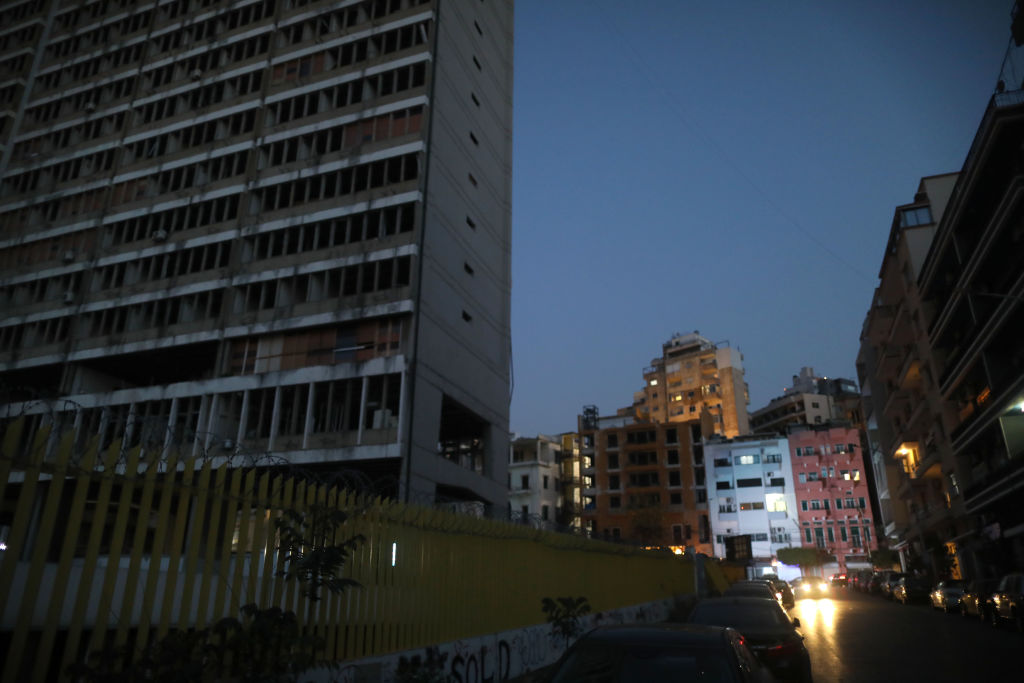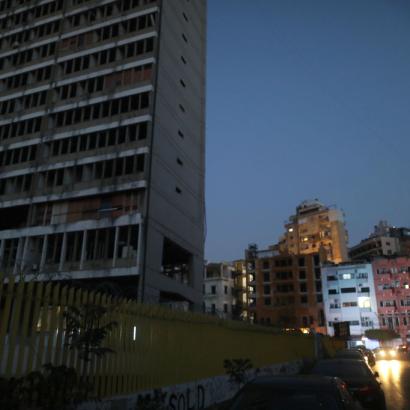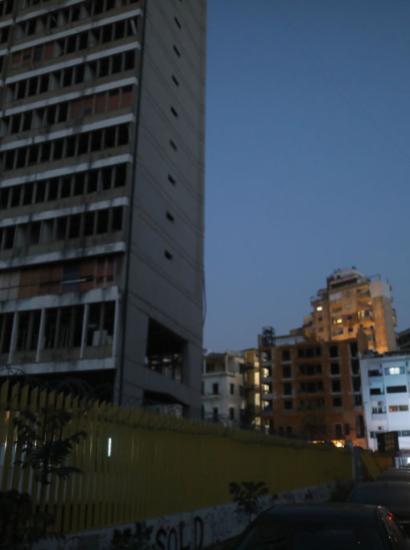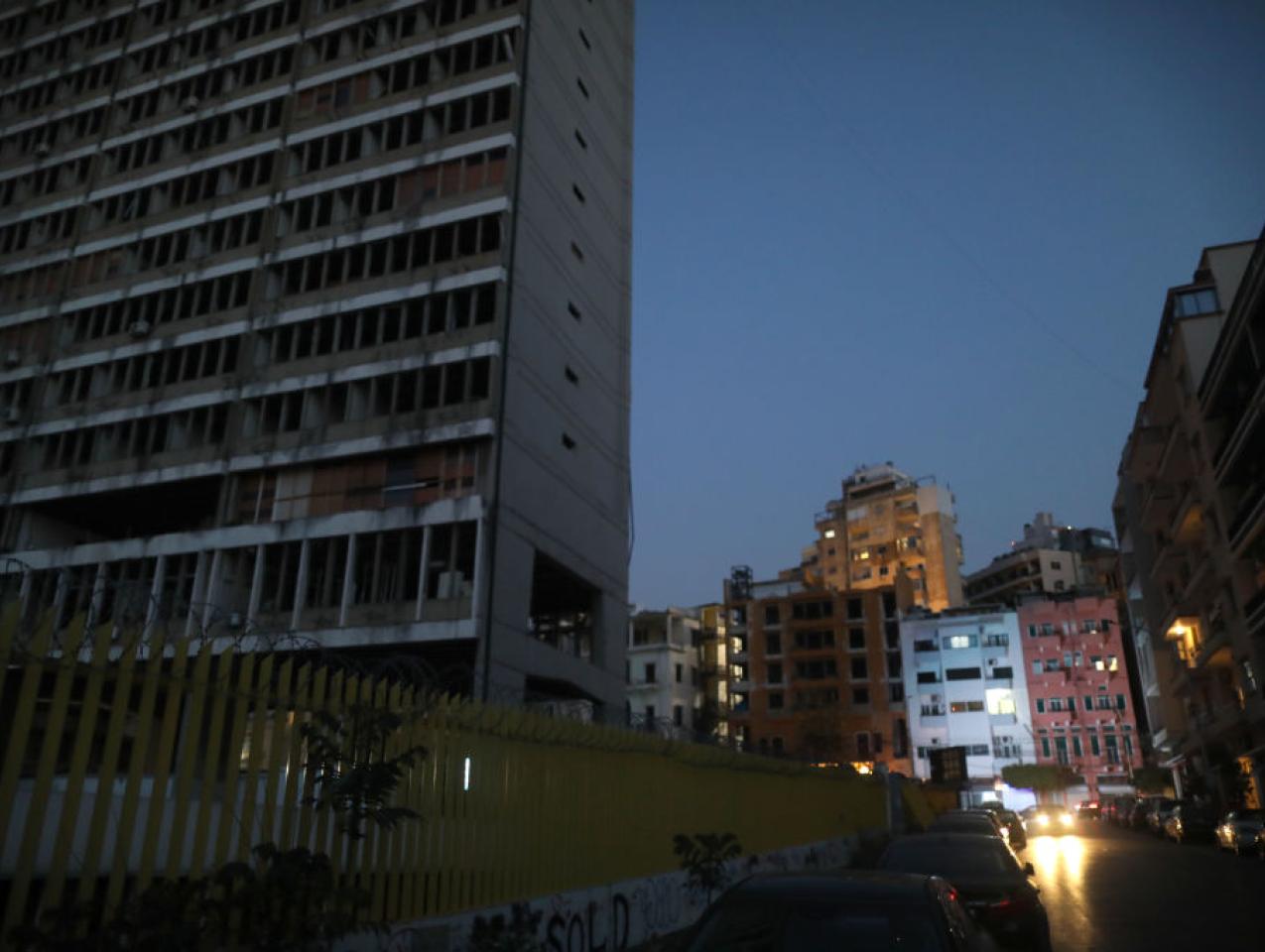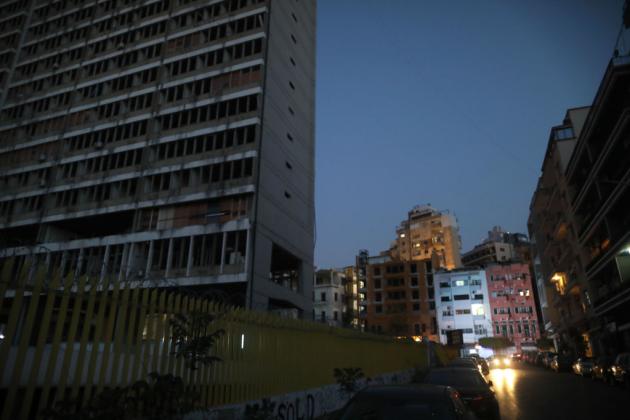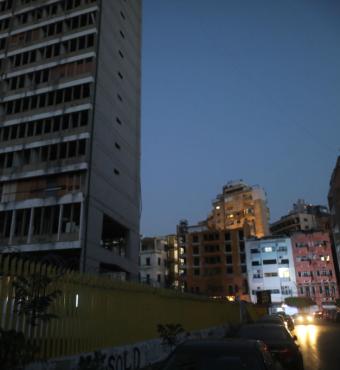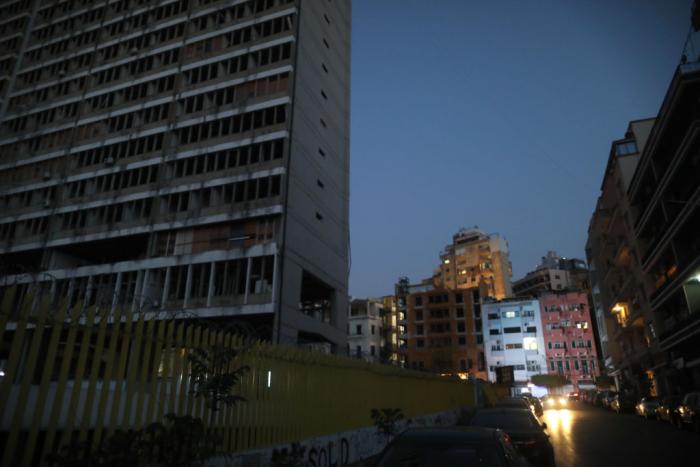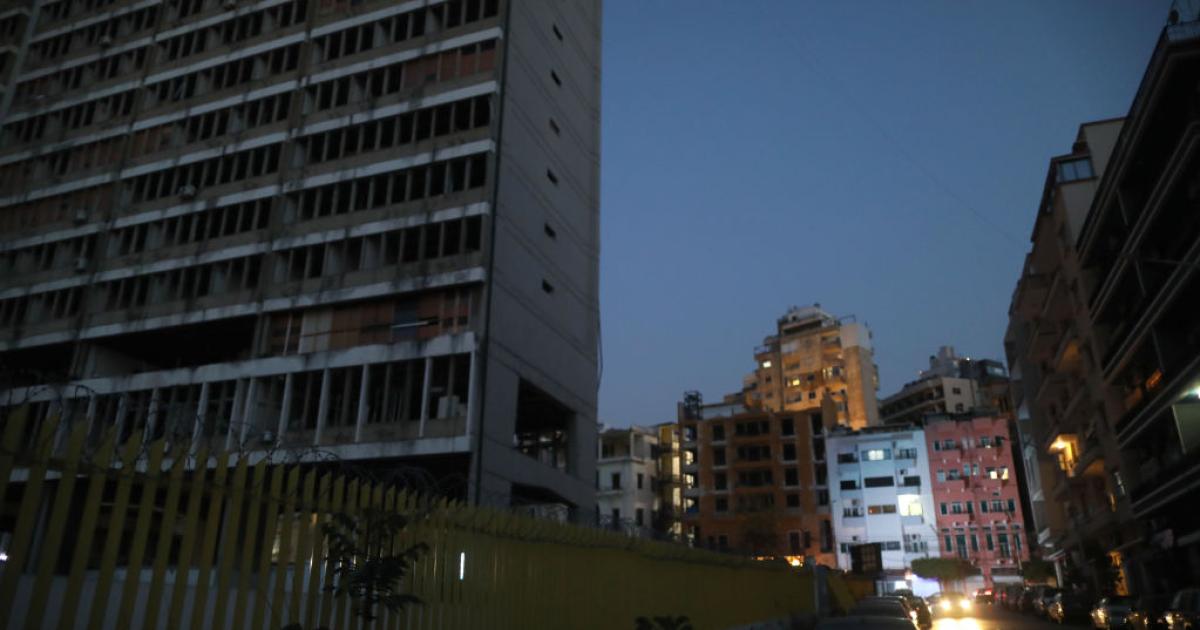Currently the Biden Administration is advocating for a Lebanese energy rescue package that would be financed by the World Bank to supply Lebanon with Jordanian electricity and Israeli and Egyptian natural gas through the Arab Gas Pipeline. The controversy surrounding these efforts has put the administration in a bind. Opponents of this plan, including many in Congress, argue this deal triggers Caesar Act sanctions because the Assad regime will profit either through in-kind gas transfers or transit fees totaling $40 million to $50 million. Advocates have justified the deal by claiming Caesar sanctions aren’t triggered because of the humanitarian imperative in Lebanon, the lack of any viable alternative, and that Assad’s regime won’t receive cash payments. In reality, cash or not, any benefit derived from this deal for Assad would trigger Caesar Act sanctions which is why the Biden Administration continues to seek a “comfort letter” from the Treasury Department to reassure Egypt that its deal would not face legal challenges and Congressional opposition. The precarious nature of the arrangement, both practically and morally, is obvious and other solutions should be pursued.
The Arab Gas Pipeline deal, with Israeli gas, is neither the only alternative nor the best short or long-term solution for the country’s energy crisis. The claim that there exists no alternative to an internationally financed bailout for Lebanon’s energy crisis is factually incorrect. The World Bank financed plan is not commercial and despite its hopes, is unlikely to compel significant and necessary Lebanese electricity sector reform. It is for this very reason that the World Bank is reportedly uncomfortable with the deal and the pressure it is under to support it. If this deal does materialize, despite U.S. Congressional opposition and Egyptian concerns over future Caesar Act sanctions enforcement, it will actually set back Lebanon’s energy sector. In reality, it may be hard to design a worse option that simultaneously enriches Assad and entrenches Lebanese corruption and Iranian influence.
A better alternative, and one that has already been awarded through a commercial tender to Qatar Energy, would ensure electricity sector reform, and provide a sustainable solution that would perhaps assist Lebanon in finally breaking free from Hezbollah’s suffocating and destructive grip on the economy and politics of the country. If a World Bank financed project is implemented, we should expect to see stalled reform in the electricity sector, and a perpetuated dependency on multi-lateral financing programs that do little for Lebanon’s long-term energy sustainability. Perhaps the only silver lining of the proposed World Bank bailout for the Arab Gas Pipeline proposal is that it involves significant portions of Israeli gas, which Hezbollah and Nasrallah are eager to deny, and could provide Israel with quiet but effective leverage with its northern neighbor.
Lebanon experienced an electricity crisis in early 2020 when it imported tainted heavy fuel oil (HFO) shipments in corrupt fuel deals with Algeria. These shipments fouled an already decrepit Lebanese power sector and revealed the impacts of corruption, including Hezbollah’s role, on the state’s power grid. This crisis resulted in the US evaluating a range of alternatives including sourcing legitimate HFO cargoes, mobile fast power generators, electricity transfers from Jordan, and transitioning Lebanon’s energy sector through a liquified natural gas project.
Continuing Lebanon’s HFO dependency would prevent energy reform because the state-owned Electricite du Liban (EDL) is heavily subsidized and operates alongside a large gray market of private diesel generators. EDL annually relies on at least $1-2B in state subsidies which compounds the country’s debt and ability to seek external financing. In the short-term, the international community could assist with these HFO shipments, but doing so would only perpetuate Lebanon’s endemic corruption and power failures.
Lebanon also considered an option to purchase fast-track generators or new power facilities that could be the bridge between the current demand and the future solution to convert to natural gas power generation. However, these measures faced financing and feasibility challenges—sectoral reform continued to deter external investment and diesel generated electricity would only perpetuate a heavily polluting, inefficient, and ultimately self-defeating power supply.
The most effective solution for Lebanon’s energy crisis indeed already exists – it is only the systematic political corruption in the country that has prevented its implementation. Commercial tender has been carefully considered and awarded. It should be resurrected as the best long-term solution. This option was designed in two phases. Because Lebanon’s proven off-shore natural gas discoveries have not been developed, the first phase included Lebanon’s commercial tender to lease a temporary Floating Storage and Regasification Unit (FSRU), that included a natural gas supply. This solution isn’t unique and is implemented worldwide and successfully transforms natural gas availability. It is also identical to what western Europe is implementing now as a result of its dependency on Russian gas and its failure to incorporate diverse supplies. As a commercial solution, it also includes natural gas conversion and electricity sector reforms necessary for its monetization. In the case of Lebanon, it would also save the country millions through cleaner and more efficient generation. However, like any commercial energy solution, it requires a monetization plan, typically through power purchase agreement, that passes these costs to the consumer. The second phase would entail Lebanon developing its own offshore gas resources.
Qatar Petroleum and Italian Energy firm ENI won the commercial tender and resumed discussions with American company Excelerate to supply the FSRU vessel. If awarded, this FSRU would not replace the development of Lebanon’s own offshore gas reserves, but as it has for many countries, would serve as a cleaner and more efficient bridge solution. However, despite the commercial viability of the FSRU and its ability to transform Lebanon’s electricity reliability and efficiency, the endeavor has been hijacked by Lebanese political corruption. Although Lebanon only has the capacity to adopt one, and perhaps two FSRUs, the political demand to satisfy all three major political parties resulted in a non-commercial decision to tender three facilities. By electing to tender three FSRUs Lebanon essentially doomed the project’s implementation and accelerated the country’s electricity crisis.
So as Lebanon’s political collapse limited any natural gas solution, the country’s energy crisis only worsened over the last two years. In the meantime, the Biden Administration has determined that a World Bank bailout with Israeli and Egyptian gas via a refurbished Arab Gas Pipeline is the only alternative. But there have been other eye-raising aspects of this deal, including how it seemingly violates the Biden Administration’s own rules to limit support for multi-lateral bank financing (World Bank) for fossil fuel projects. This arrangement is clearly inconsistent with that agenda. The Treasury Department issued these rules last August, before the Russian invasion of Ukraine. The gap between the ideology against natural gas and the reality of its necessity for any global energy transition has been made even more stark. And though the Biden Administration may justify ignoring these rules on humanitarian grounds, these same rules also stipulate the requirement for a “credible alternative analysis” which as we have reviewed here is missing.
In the background of this potentially sanctions-triggering deal, is the effort to resurrect Israel-Lebanon maritime negotiations which may also enable discussions that allow Lebanon to stomach the reality of accepting Israeli gas molecules.
What we know from Lebanon’s disastrous energy history is that a World Bank bailout that enriches Assad and fails to compel Lebanese institutional and sectoral reform, may be the worst, rather than the best of a range of options. Without these reforms, political corruption and Hezbollah’s influence will solidify. Even more troubling is that bailouts like these which aim to solve an immediate crisis, often make the situation even worse in the long run. This is certainly a likely outcome under this current initiative. Perhaps there are unknown motivations that explain Israel’s remarkable silence on this entire deal. A maritime deal with Lebanon while it is under duress may be worth supporting, at least in the short term. And maybe Israel has calculated that this deal is worth the potential intelligence, security and economic leverage from a Lebanon that becomes dependent on Israeli gas? If so, there may be a silver lining that has been evident, but we have misunderstood all along.
Matthew M. Zais works for an American energy company with interest in the region and is a non-resident senior fellow at the Atlantic Council. He previously served as the Director of Iraq and Kurdish Affairs on the National Security Council and Principal Deputy Assistant Secretary of Energy.







